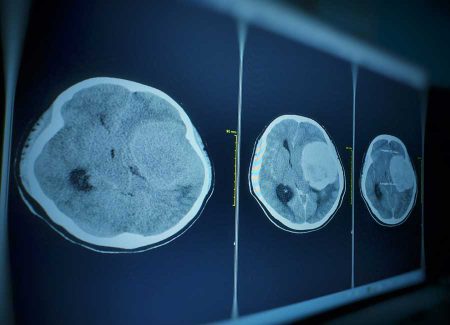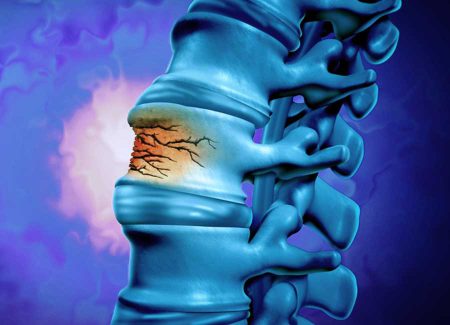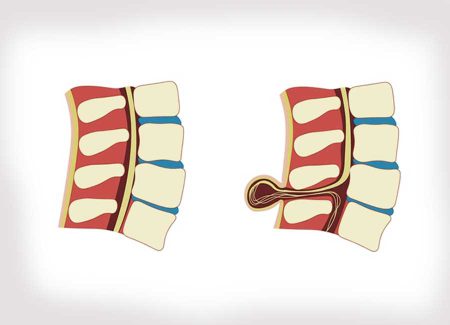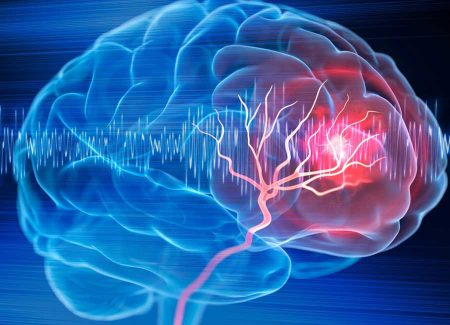
An intracranial meningioma is a tumor that forms on the surface of the meninges, the tissues covering the brain and spinal cord. These tumors are typically benign (non-cancerous) and arise from the brain’s membranes. Despite being benign, they can grow and exert pressure on surrounding tissues, leading to various symptoms. Intracranial meningiomas often require surgical intervention and generally have a favorable prognosis.
What is an Intracranial Meningioma?
Intracranial meningiomas are generally benign tumors that originate from the meninges, the membranes covering the brain and spinal cord. These tumors grow on the meninges and can compress surrounding brain tissue, causing various neurological symptoms. Meningiomas account for approximately 30% of all brain tumors.
Symptoms of Intracranial Meningiomas
Symptoms of meningiomas vary depending on the size, location, and rate of growth of the tumor. Symptoms may be absent initially or can become severe as the tumor enlarges:
- Headaches: Occur due to increased intracranial pressure as the tumor grows.
- Vision Problems: Issues such as double vision or vision loss occur when the tumor compresses the optic nerve or the brain’s visual center.
- Speech Difficulty: Can result from pressure on areas of the brain involved in speech.
- Hearing Loss or Tinnitus: Particularly if the tumor surrounds the temporal lobe.
- Balance and Coordination Problems: Arise when areas of the brain that control motor functions are affected.
- Personality Changes or Cognitive Decline: May be related to pressure on the frontal lobes.
- Seizures: Can occur due to the stimulating effect of the tumor on the brain cortex.
- Numbness or Weakness: Sensory and motor deficits can occur when the tumor compresses nerve pathways.
Diagnosis and Tests
Meningiomas are typically diagnosed using the following methods:
- Magnetic Resonance Imaging (MRI): Provides detailed images of the tumor’s location, size, and its relationship with surrounding tissues.
- Computed Tomography (CT): Used for evaluating intracranial calcifications and bone structures.
Treatment Methods
Monitoring:
- Active surveillance and regular MRI scans are recommended for small meningiomas that do not produce symptoms.
Surgical Treatment:
- Complete removal of symptomatic or rapidly growing meningiomas aims to alleviate symptoms and improve neurological functions. Surgical approaches such as transcranial or transsphenoidal are chosen based on tumor location.
Radiation Therapy:
- Utilized for meningiomas that cannot be completely removed surgically or those that recur, especially methods like Gamma Knife stereotactic radiosurgery.
Medical Treatment:
- Hormonal therapies such as progesterone receptor antagonists may be used for hormonally sensitive meningiomas.
Intracranial meningiomas are generally benign and offer a favorable prognosis with effective management. Early diagnosis and appropriate treatment strategies are crucial for achieving the best outcomes. The treatment approach should be personalized based on the patient’s symptoms, tumor characteristics, and overall health, enabling patients to maintain their daily activities as effectively as possible.









